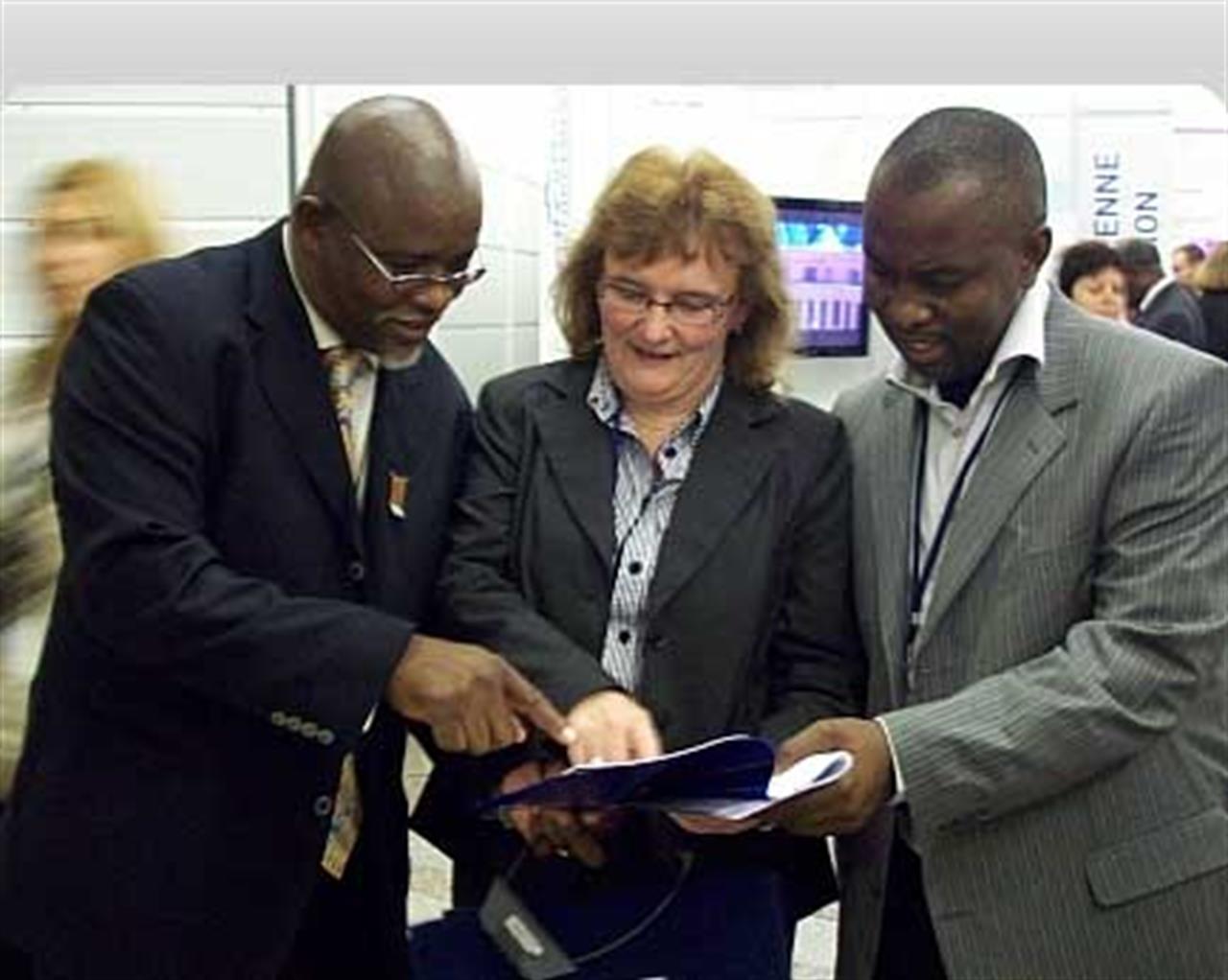Non profit
Brussels’ doors open up to decentralised cooperation
The first Assises of decentralised cooperation took place on December 2 in Europe's Belgian capital
di Staff

This is a summary of the first Assises of decentralised cooperaton which took place last Wednesday in Brussels at the Committee of the Regions and that was attended by 300 representatives of local and regional authorities from all over the world.
Discussions focused on aid effectiveness, local governance, the need for energy for sustainable development and how best to achieve theMillennium Development Goals, especially in the area of improving health care. The Assises were an important opportunity for local and regional authorities to underline how they are in a unique position to encourage cooperation networks between different local communities and regions from northern and southern countries.
But not only. According to the mayor of Dakar, Khalifa Ababacar Sall, “our proximity to citizens has made us fundamental actors in the international cooperation field. Most of the World Bank’s and the European Union’s decisions and funds have local authorities as final beneficiaries. Unfortunately, African central governments do not involve us in the national policies for development. This means a certain denigration prevails that we have to fight.”
However, be it in developing countries or the developed world, equal amounts of problems related to the issue seem to be present.
According to the president of the Tuscany Region Claudio Martini, problems are the same. “A real recognition of local authorities’ political role is needed. The Assises is a step but there is still a lot of work to be done”.
At the opening roundtable dedicated to aid effectiveness, it was made clear that the solution was still far away. Speakers and participants suggested a more coherent policy on aid which could help the EU save between 3 and 6 billion euros annually until 2015. This current obvious fragmentation of decentralised cooperation could also be seen by the European Commission as an extra risk while trying to keep caps on European spending as a whole.
According to the Director General for development of the EU Commission, Stefano Manservisi, “the real challenge is adopting a patterned political dialogue and finding a scheme in common with local and regional authorities so that we may fight aid fragmentation together”.
Even though local actors are prepared to take responsibility for their actions, they still underlined that numerous little projects need the European Union’s help and that usually European budget policies in developing countries tend to privilege central powers.
What is certain is that local authorities need sufficient political weight.
So with the idea in mind of strengthening coherence and integration in the field of decentralised cooperation, the Committee of the Regions a new Atlas of decentralised cooperation at the Assises. The idea behind being to enable the showing of programmes and initiatives done by European Local and Regional Authorities in the development cooperation field.
Finally, actions will be empowered and concretised with a seminar – promoted by the European Commission – to meet local authorities and include their comments in a special package that will be presented by the EU itself between April and May 2010, on the road to the Global Summit on the Millennium Development Goals which will be held at the United Nations next September 2010.
By Joshua Massarenti – www.afronline.org
17 centesimi al giorno sono troppi?
Poco più di un euro a settimana, un caffè al bar o forse meno. 60 euro l’anno per tutti i contenuti di VITA, gli articoli online senza pubblicità, i magazine, le newsletter, i podcast, le infografiche e i libri digitali. Ma soprattutto per aiutarci a raccontare il sociale con sempre maggiore forza e incisività.
